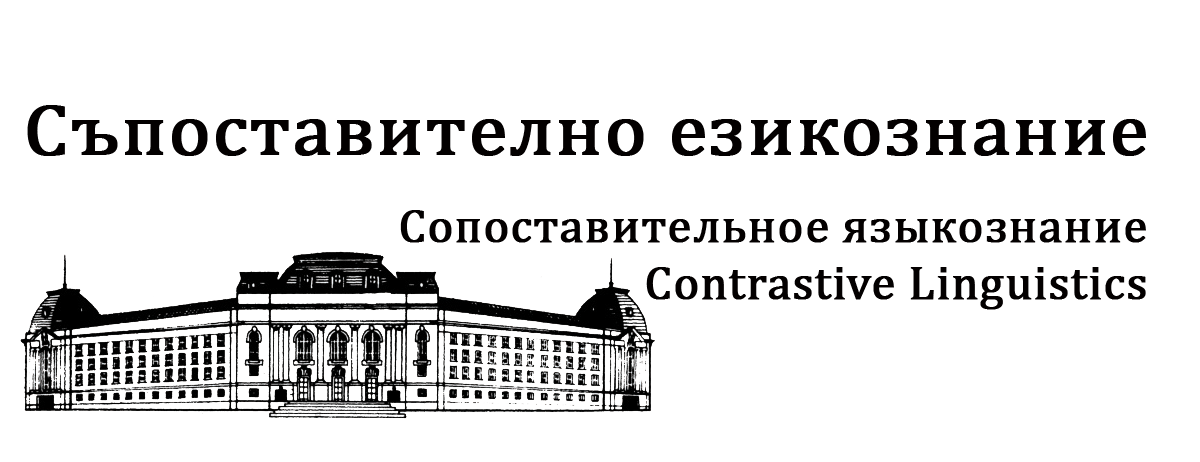Съдържанието можете да изтеглите оттук. Съдържание Съпоставителни изследвания Борис Наймушин – Залог и преходност (върху материали от българския, руския и английския език) // 5 На материале болгарского, русского и английского…
Категория: Архив
2001 (XXVI), № 1
Съдържанието можете да изтеглите оттук. Съдържание Съпоставителни изследвания Надка Николова (Шумен), Мария Черипкова (Прешов, Словакия) – Прономиналните конструкции в български и словашки // 5 The authors of the article analyse…
